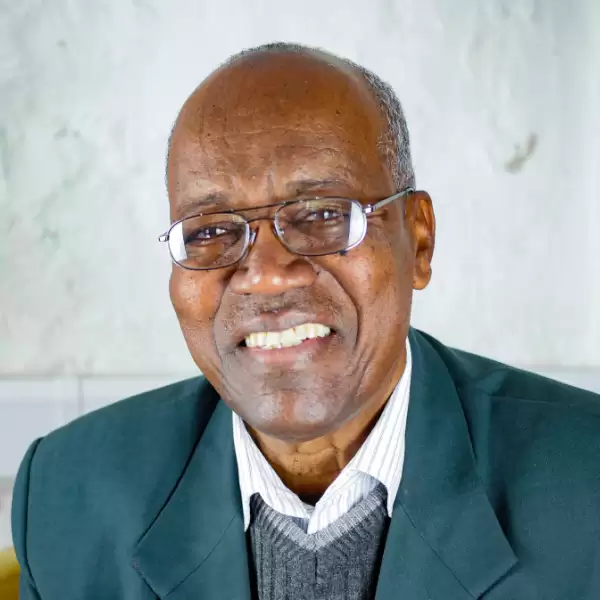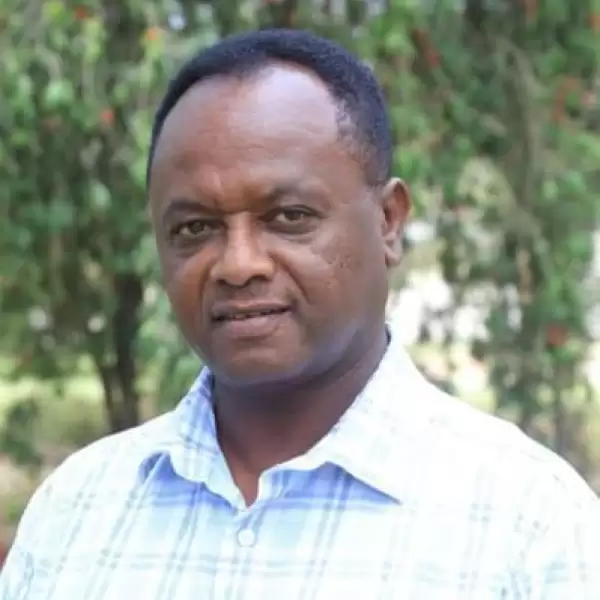Ethiopia
Ethiopia is Africa’s oldest independent nation and, with over 80 languages our population is hugely diverse.
We are a populous country with a fast-growing economy, but we still have enormous development needs. Most Ethiopians live in highland areas, working smallholder farms. Climate, conflict and displacement mean that far too many families that used to be food secure now go hungry: 38% of our children are malnourished.
Sixty-five percent of households now have access to improved water sources, but only 6% have access to improved sanitation, so waterborne and communicable diseases are widespread.
However the resources of our young population and the land of our beautiful country present us with enormous potential.
Challenges and opportunities for Ripple Effect Ethiopia
1. 38% of children are chronically malnourished
Ethiopian families live with devastatingly high rates of malnutrition, childhood illness and death. The need for sustainable development in our country is urgent.
Ripple Effect Ethiopia’s training in an agroecological climate positive approach is radically improving families’ food security, food diversity and incomes. As a result, most of the farming families we work with now eat three meals a day, which has significantly improved child nutrition.
2. Internally displaced people (IDPs)
Political instability, conflict and insecurity especially in the northern part of the country, has affected the lives of many families and communities. People have lost their livelihoods, everything they own and have grown, schools and medical services have ceased and there has been deep psychological trauma. The rise in gender-based violence, and growing numbers of internally displaced people and refugees have called for quick and organised action.
Ripple Effect Ethiopia actively supports marginalised people, including refugees and IDPs; our projects alleviate poverty, build resources and enable communities to thrive.
Eighteen percent of our population are living with disabilities, according to the World Report on Disability jointly published by the World Bank and World Health Organisation. That is 15 million children, adults and elderly people, the vast majority of them in rural areas where access to basic services is limited. Many of them depend on family support or begging for their survival.
3. 95% of people with disabilities are estimated to live in poverty
We know that people with disabilities often face cultural, environmental and institutional discrimination. Ripple Effect Ethiopia is working to change the mind-set of people with disabilities, and their communities. We include them in all our programmes, and all the technologies that we introduce to communities will have to be accessible to everyone.
The impact of Ripple Effect Ethiopia
90% of women in our Developing Business Women project now report household tasks are shared fairly by family members (up from 26%)
77.5% of families in Developing Business Women now earn at least $1.90 a day from their farms (up from 0%)
How our work supports Ethiopia’s sustainable development goals and national targets
Ripple Effect Ethiopia works with families and communities to build integrated and sustainable farm systems to improve food security and family nutrition.
Ethiopia’s national development priorities include a focus on:
1. Development of the agricultural sector to support wider economic growth and development.
We are building the capacities of rural farming families in agroecological climate positive approaches, post-harvest management, market access and value addition. This enables farming families to increase crop yields, and the quality and value of their produce, propelling themselves out of poverty.
2. Increasing efficiency, productivity, quality and competitiveness of produce sectors.
We are introducing farmers to new plant varieties, in collaboration with government research institutes. We also focus on improving animal welfare and off-farm business development.
3. Building a climate-resilient green economy.
Ripple Effect Ethiopia promotes sustainable natural resource management and energy-efficient technologies, and is developing agroforestry to increase carbon sequestration. We build climate-resilience within communities by promoting the use of energy-efficient technologies, and developing agroforestry to increase carbon sequestration.
Partnerships
- Terepeza Development Association
- Wolayita Development Association
- Dawuro Development Association
- The Brooke
- The Donkey Sanctuary
- Jersey Overseas Aid
- Starbucks Foundation
- International Centre of Insect Physiology and Ecology

Country Director
Aklilu Dogisso
Speak to me about opportunities for collaboration and partnership, and any media queries.

Programme development & funding manager
Berhanu Feleke
Please contact me about how our programmes are implemented and for details of our monitoring and reporting.

Programme funding manager
Solen Jembere Dessalegn
Please talk to me about funding opportunities and grants management of Ripple Effect Ethiopia projects.
For anything else please contact programmes@rippleeffect.org and we will reply to you promptly.
Ripple Effect Ethiopia Head Office
Golgotha Tower, 7th floor
CMC Road
PO Box 19453
Addis Ababa Ethiopia
Tel: +251-116-477233/34
Email: ethiopia@rippleeffect.org
Sign up to hear more
Want to hear good news stories from Africa, get involved in fantastic fundraising and be part of exciting events? Fill out your details below and we will keep you updated by email.
By providing your email address above, you are confirming that you are happy for Ripple Effect to contact you by email. We will use your email to let you know about news, events, fundraising and appeals. We will never sell or trade your details. Read more about how we value your privacy. You can unsubscribe at any time by emailing info@rippleeffect.org or by clicking the unsubscribe link in any email we send.
